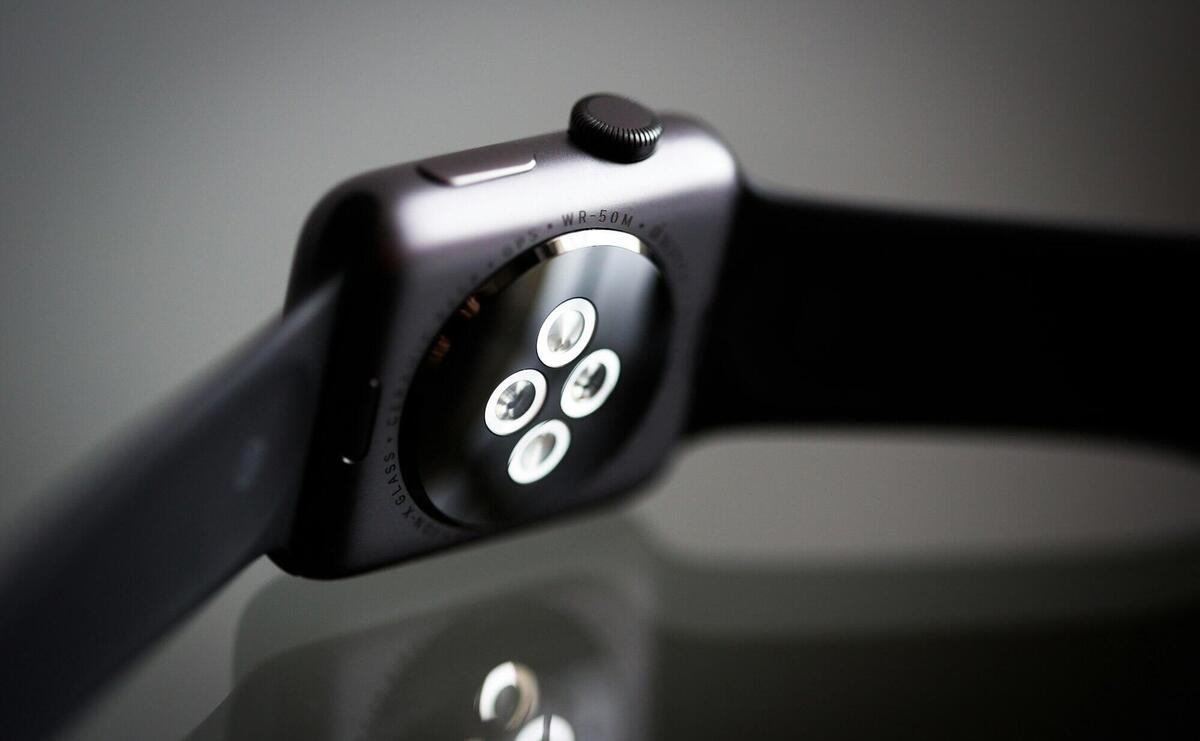Sports and Digitalization: New Trends 2025
Technology has greatly impacted every sector around the world. As you would have noticed, the sports division is no exception. It influences this sector so much that they use it for almost everything. The options are endless, from creating game strategies to measuring athletes’ performance, creating customized training schemes, and comparing players’ numbers. The prediction game of AI is top-notch, which has greatly helped many players, regardless of their sport.

Esports betting is a popular thing in many online casinos today. There is a fusion between betting on casino games or esports and sports games in the same space. Now, you can get updates about various esports tournaments and place your wagers accordingly to win extra cash. This is another way that AI has impacted the digitized gambling sector. There are tons of exciting innovations emerging from the combination of sports and digitalization. Let’s explore them!
The Impacts of Digitalization in Sports
The sports industry continues to enjoy the benefits of AI from year to year since its inception. You should have noticed that many sports, from Football to Cricket, etc., depend on this technology. They have been harnessing their powers to determine in-game performances, post-game analysis, and even gauge fan experience. In this light, let’s explore some future positions of digitalization to expect in addition to the ones that are already available.
Customized Training Plans
A benefit of technology in sports lies in its predictive analysis. This entails deducing player’s performances using prior data insights. These data are often obtained from sensor-fitted wearables like smartwatches. The smart bands are responsible for getting information on important things like players’;
- Speed
- Endurance
- Gait patterns
- Strain levels
- Demographics
- Tear levels
- Overall playing conditions, etc.
Based on these results, coaches can now begin to design a befitting and personalized regime to players’ strong points and diminish their weaknesses. They also use it to analyze the movement, impact forces, and playing styles of opponents to help them come up with the best training plan and winning strategies.
Real-Time Predictions
With technological advancements like Virtual Reality, Augmented Reality, and Machine Learning, fantasy gaming began to gain momentum. Fantasy gaming is a virtual gaming experience connected with real-life happenings. Using predictive modelling techs, it is possible to analyze;
- Weather conditions
- Habits
- Game venues
- Player performance and other factors that can impact a match-off.
Regression, clustering, and classification models are popular in fantasy gaming applications.
Tactical Game Strategies
Artificial intelligence helps to analyze effectively for a chance to make informed decisions that can positively impact gameplay. It helps coaches make tactical adjustments in terms of starting line-ups and substitutions. Some complex AI algorithms that are often used include:
- Hierarchical clustering
- Logistic regression
- Real-time player statistics
- Artificial neural networks
- K-means clustering, etc.
With different sensor wearables, such as accelerometers, GPS, and cameras, coaches can access regular and visual data. They use it to monitor playing time, make game plan decisions, and know when to make player substitutions.
Health Monitoring
Regardless of the sport, the primary goal is for the players to be in good shape and always have no room for injury. Injury on the field is one major concern that has abruptly killed the careers of many athletes. So, digitalization has helped put this under control.

These days, different criteria like fatigue, biomechanics, and workload can be monitored to predict the chances of getting an injury while playing. It offers a heads-up and personalized training plans and recovery protocols like compression garments, massages, or stretching. Wearable devices can also monitor sleep patterns and heart rates during concussions or other possible injuries.
Fan Experience
Digital sports have made things much easier for fans, too. You no longer have to live in a crowded stadium if you would prefer otherwise. With high-quality cameras and drones, you can now watch game highlights, read articles, and watch sports videos from the comfort of your home. Sports teams also use social media to inform players of the time for matches and a chance for fans and players to stay connected.
Amplified Experience for Players and Fans
The fusion of sports and digitization is a good one that has and will continue to wow both players and fans. This combination helps the sports sector strive to become a billion-dollar enterprise, which increases with each passing year. All of this is just the tip of the iceberg. The combination of AR, AI, VR, and Blockchain has and will continue to change the trajectory of the sports division.